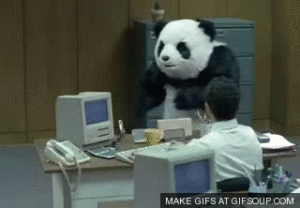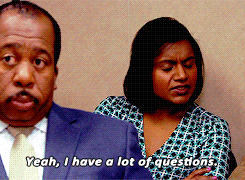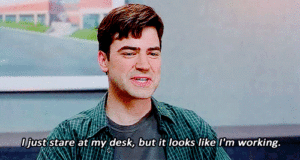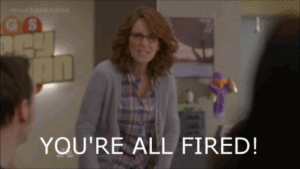College is one of the most exciting times of our lives. We have freedom like we never have before, we get to pick all of our classes, we have no parents or guardians living with us, endless opportunities to join clubs, do sports, and meet tons of new people. It feels like the world is finally opening its doors and we can do everything and anything we want.
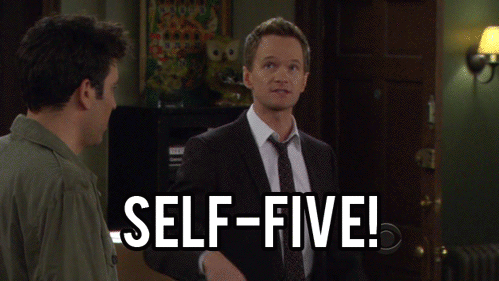
Although this is liberating, where we feel like a force to be reckoned with, it normally lasts for a week or two, and then reality sets in. Living on your own means that you have to regulate everything yourself: when to do laundry, when to eat, study, get exercise. In addition, we have to regulate our own schedules beyond our classes. How many clubs can you join? Will you do a varsity sport? How much time will that eat up? These are all things we have to think about and it can be a hard transition to make sure there’s a balance between them all.

Most of the people at the 5C’s are extremely good at managing everything and are always willing to offer advice to help make sure their friends and peers are balancing everything in their lives. What I see more and more often is that people often prioritize the care of other students, before they prioritize their own. I am definitely guilty of this and have a hard time making sure that I have time to get all my work done, enjoy my extra-curricular activities, and also spend time with my friends and relax. Self care is so important, but often doesn’t take precedence in our busy schedules. That isn’t to say that you shouldn’t be there for your friends, but you can’t help others as effectively if you aren’t in a good place yourself.
Recognizing when you are stressed or overwhelmed and taking a step back to evaluate how you can reduce that stress is crucial to staying mentally, physically, and emotionally healthy. Sometimes, you realize you haven’t exercised in a while, so you go to the gym to clear your head, or you spend a night with your friends watching movies or having a dance party. But sometimes you just need to treat yourself to a bubble bath or a soft pretzel.


When life gets to be too much, we often feel alone and isolated by our feelings, but if you are feeling down, there are so many resources and people whose job it is to help you talk it out. You can always contact your RA, the dean of students, a parent, or a friend to work through your feelings. In addition, Scripps and the 5C’s offer free counseling if you would rather talk with someone who has a completely objective perspective.
The most important thing about self care is recognizing your feelings and realizing that they are completely valid, even if they seem outrageous or silly. The truth is, most people are going through similar situations and realizing that can also be very comforting. I know for me, I have had to cut back on my activities this year, in order to maintain my sanity and emotional wellbeing. That is allowed and totally valid. If your stress comes from grades, know that you are not defined by your grade. It does not define your self-worth, or even what you will do in the future. Everyone will love you the same, even if you don’t ace your next midterm.
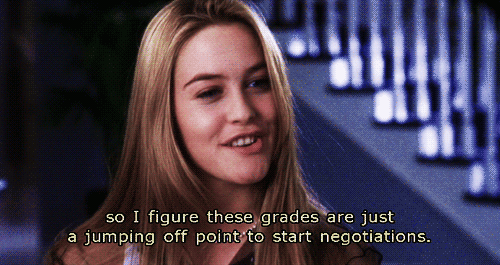
So embrace your feelings, even when they seem silly and take some time to treat yourself every now and then.

 After finishing Calculus AB in high school, I was content with the fact that I might never take math again. Unfortunately, once I decided that I wanted to become a science major, taking math again was no longer an option – it was required.
After finishing Calculus AB in high school, I was content with the fact that I might never take math again. Unfortunately, once I decided that I wanted to become a science major, taking math again was no longer an option – it was required.



